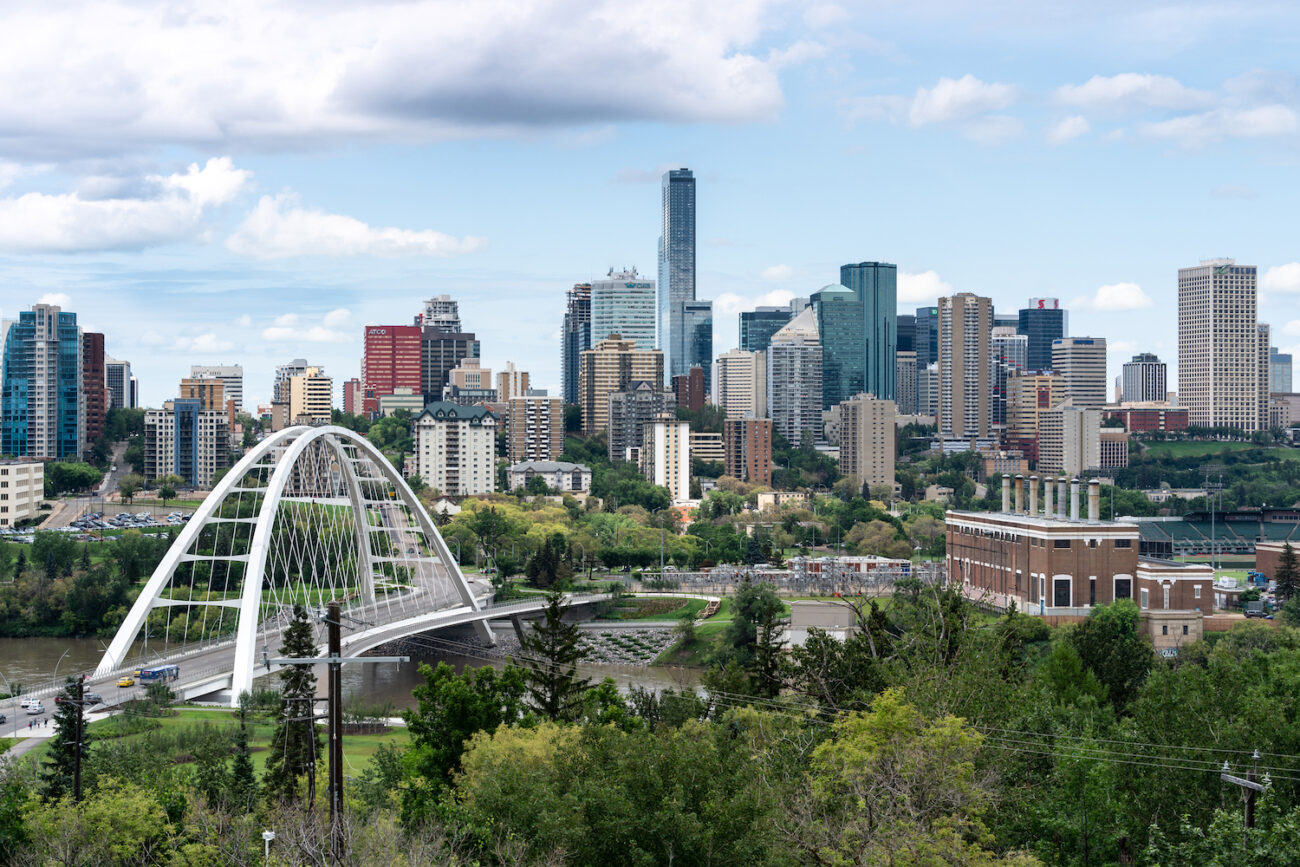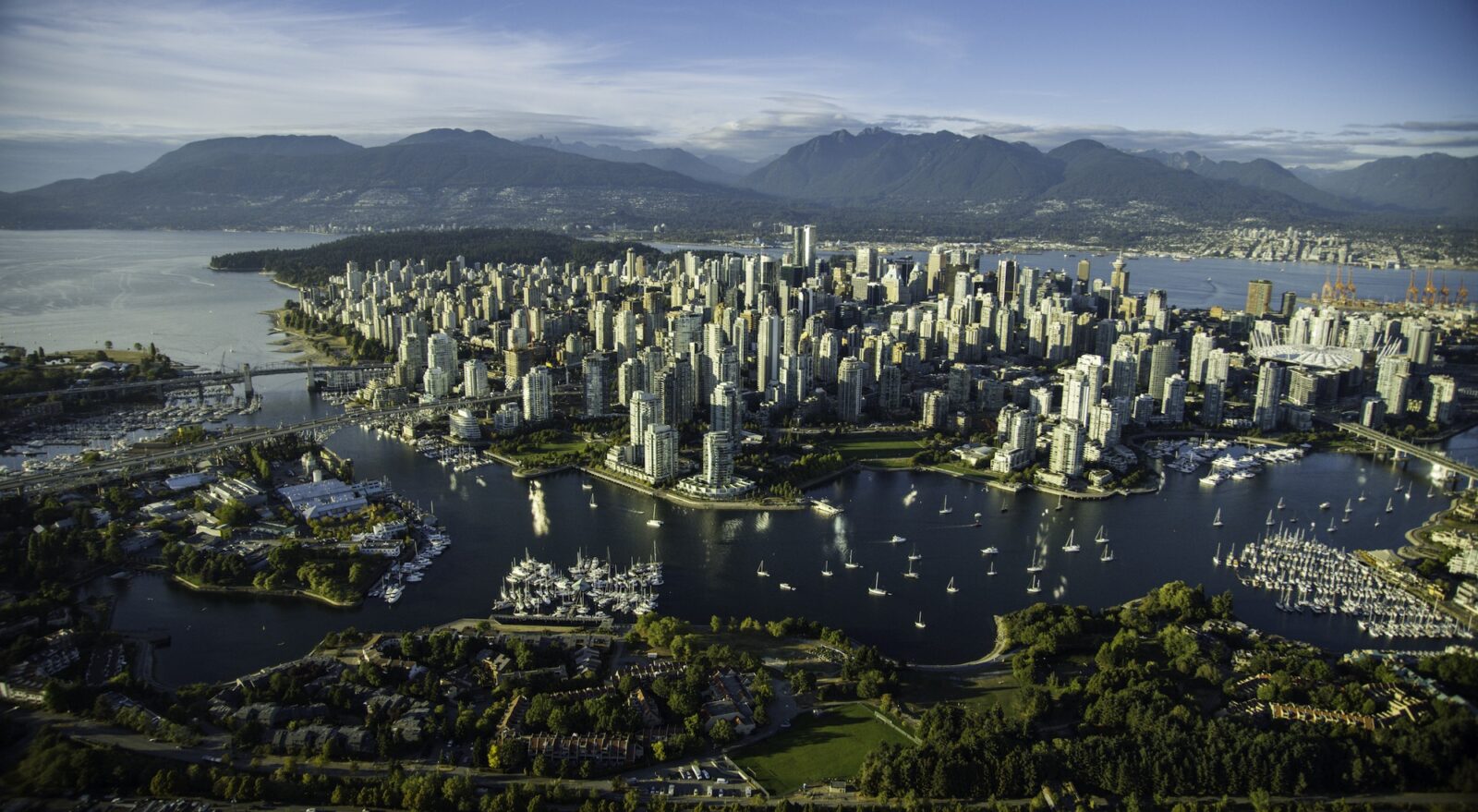Across Canada, destinations and convention centres have been championing sustainability by incorporating various programs and solutions into everything from event planning to venue design (you’ll find a host of LEED-designed and BOMA-certified venues from coast to coast). And now, Canada is going a step further with a first-of-its-kind program, the Canadian Business Events Sustainability Plan, which will continue to build on the work and foundations already in place on the sustainability front, and accelerate the industry’s progress toward net-zero targets.
Plans in action
With this new program, Destination Canada Business Events will continue supporting and encouraging the current Sustainable Development Goals in Canada’s cities. The plan will educate and support more than 20 domestic partners, who are already committed to sustainable practices, and help encourage and introduce new sustainability initiatives at international conferences.
Not only will the plan help Canada’s cities achieve their goals, it should reassure planners that these desirable destinations are sustainability-conscious cities that can provide turnkey solutions and help associations meet their own sustainability targets.
As Virginie De Visscher, Senior Director of Business Development, Economic Sectors, Destination Canada Business Events, puts it:
“We all have a responsibility to economically, socially, and environmentally benefit the host communities and global ecosystems we visit. We believe the Canadian Business Event Sustainability Plan will empower our team, our partners, and our clients to do just that and ultimately foster a regenerative tourism ecosystem that produces positive net benefits for all Canadians.”
Environmentally-conscious venues
Canada is home to roughly 15 cities with LEED- or BOMA-certified convention centres — many of which hold Gold LEED ratings. Leading the way, both nationally and internationally, is the Vancouver Convention Centre (VCC) — the world’s first and only double LEED Platinum convention centre. The centre has incorporated all of the latest green technologies to be as environmentally sustainable as possible. For example, the VCC has a six-acre living roof, the largest in Canada, and the largest non-industrial living roof in North America, which acts as an insulator to reduce heat gains in summer and heat losses in winter.
The Metro Toronto Convention Centre (MTCC), meanwhile, reduces its environmental footprint by diverting 90% of event waste from landfills, in addition to taking steps to decrease energy consumption. It was the first convention centre in Canada to give events the option of using clean energy with Bullfrog Power, and the first in North America to collaborate with the app Voyage Control to reduce carbon emissions during event move-in and out. The rooftop of the South building is also home to six beehives — each housing 50,000 bees — to help support pollinators in the city and produce honey for the culinary team.
For planners looking to host events in Nova Scotia, the Halifax Convention Centre boasts features like energy-saving escalators and sensor-controlled LED lighting, as well as a culinary program revolving around locally-sourced cuisine that takes advantage of the bounty of seasonable, organic, and fairly traded products found on the East Coast.
Carbon-neutral destinations
Canada’s commitment to sustainability goes beyond venues thanks to DMOs driving sustainable development across the country. Destination Greater Victoria, for example, was the first major DMO in North America to achieve a carbon-neutral designation from leading climate advisory services company Ostrom Climate.
Explore Edmonton and Destination Vancouver, meanwhile, are just two Canadian destinations that have a dedicated sustainability staff member to help streamline and facilitate various efforts.

Three cities — Québec City, Montréal, and Edmonton — are already part of the Global Destination Sustainability Index, and Canadian cities have the highest number of sustainable hotels in the world, with four cities in the world’s top five ranking for most sustainable stays (Vancouver, Toronto, Calgary and Edmonton). This makes it easier than ever for planners to create a 360-degree sustainable event.
For impartial insights, inspiration and introductions, planners can contact the Destination Canada team: Virginie De Visscher, Senior Director of Business Development, Economic Sectors, Destination Canada Business Events. Devisscher.virginie@destinationcanada.com
Inspiring initiatives
Canada is considered a pioneer and leader when it comes to sustainable events, and is continuing to improve existing — and develop new —initiatives that fall into line with the ongoing national sustainability efforts.
Some of the most innovative at the moment are Montréal’s cultiVERT rooftop container garden and the VERTical initiative, an urban farming project; Explore Edmonton’s Show Your Badge Program, which provides complimentary transportation service through the Edmonton Transit Service by showing a conference badge instead of a ticket; and the Edmonton Convention Centre’s Second Helping Program, which donates excess food from events to Edmonton’s Food Bank, which then distributed it to various agencies for meal and snack programs.
Sustainable solutions
With these resources and initiatives already in place — as well as dedicated sustainability teams, experts and the newly announced Canadian Business Events Sustainability Plan — planners have a toolkit at their disposal to ensure they’re creating an event that’s certifiably sustainable and falls in line with their association’s aims. Thanks to the many sustainability efforts of DMOs, hotels and convention centres across the country, associations hosting events in Canada can rest assured that their event is taking place in one of the world’s most sustainability conscious countries.
